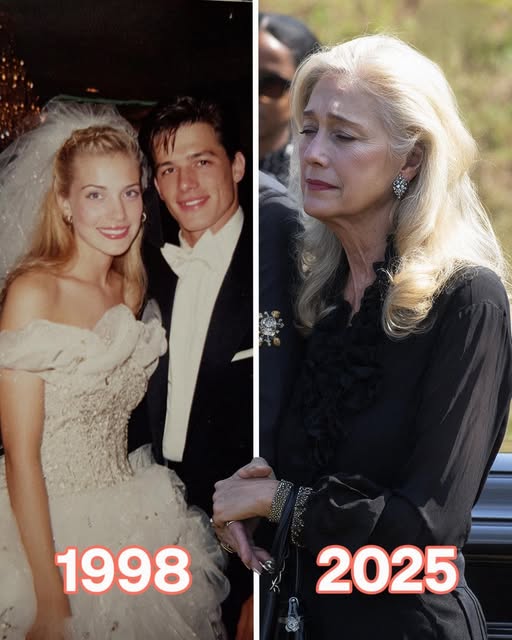When my husband died after 27 years together, I thought grief was the worst pain I’d ever feel. But three weeks later, I learned something that shattered me all over again: according to the state, we were never legally married. The day Michael died, everything blurred into shock—sirens, rain, the officer’s voice telling me he hadn’t survived the crash. The funeral passed in a haze. I focused on our three kids, believing that after the first wave of grief, we’d slowly find our footing.
Then I met with the lawyer. He slid paperwork across the desk, and one line stopped me cold: No record of marriage found. Without a filed certificate or a will, he said, I had “no legal claim” to Michael’s estate. Worse—because the house was in his name alone, the estate planned to sell it. We had two weeks to leave.
I felt betrayed. How could he forget something so important? A week before we were supposed to move out, a woman from the county clerk’s office arrived with a folder—and a letter from Michael. He hadn’t forgotten anything. Years earlier, after financial trouble, he’d intentionally avoided filing the marriage certificate to protect me from potential creditors. Instead, he created trusts: the house, the kids’ education funds, even life insurance—everything left directly to us, protected from probate.
His letter explained it all, ending with: “You were my wife in every way that mattered.” We keep the house. The kids’ futures are secure. And though grief remains, so does the truth I nearly missed: He protected us because he loved us—quietly, completely, and all the way to the end.
